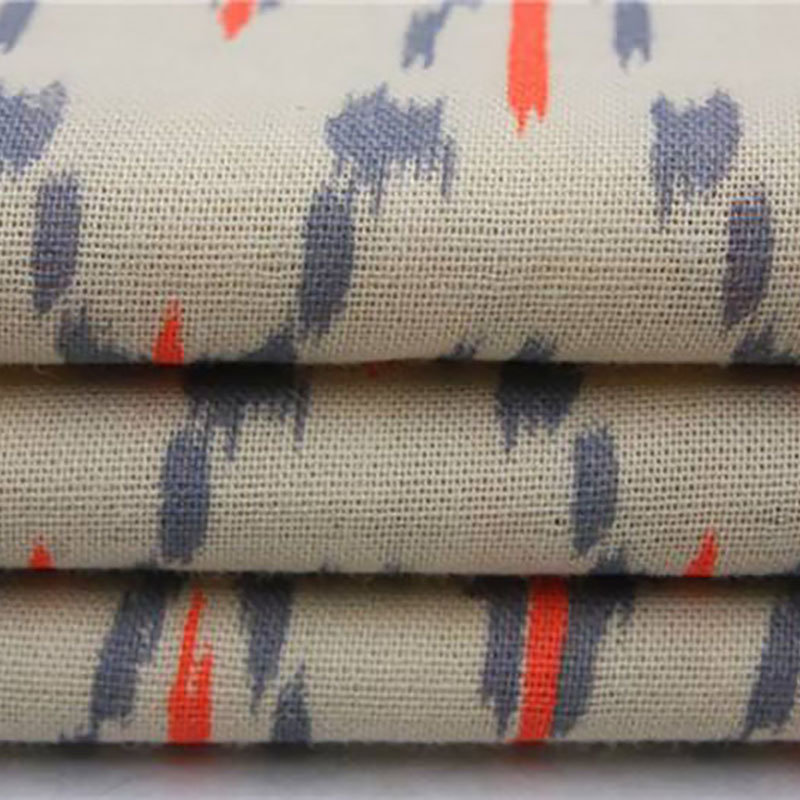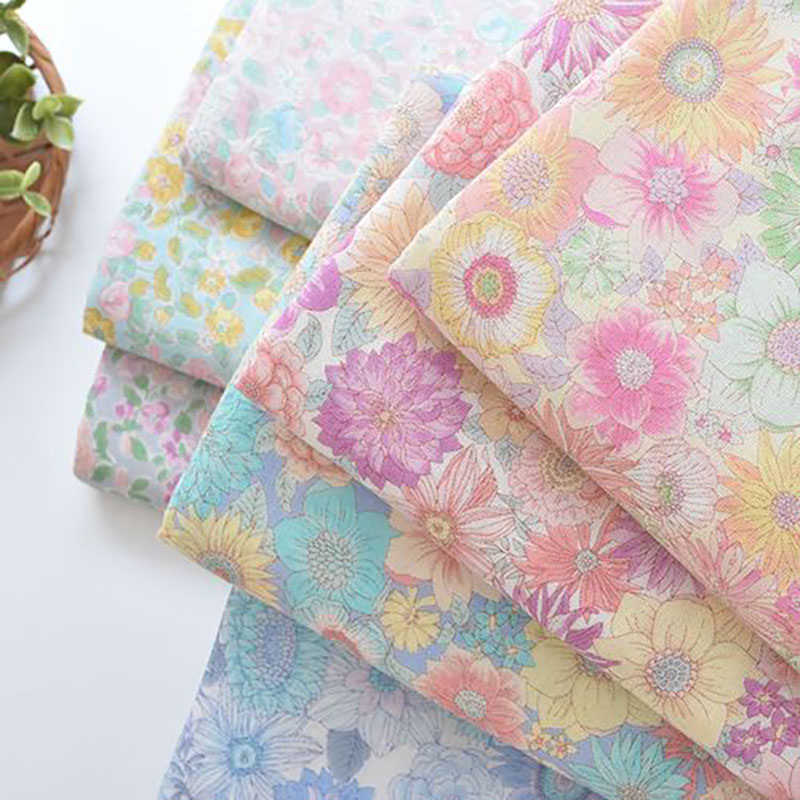The high-end apparel fabrics market has experienced significant changes over the past few years. As consumers' pursuit of quality, design and personalization continues to increase, the demand for high-end fabrics has also increased. According to the latest market research data, it is expected that the high-end clothing fabric market will grow at an average annual rate of 5% in the next few years. Among them, the diversification of fabric selection and the improvement of environmental awareness have become the two core factors driving market development.

Different types of high-end clothing fabrics have their own characteristics. For example, flannel fabric is popular for its soft and comfortable touch and is widely used in fashionable clothing in autumn and winter. Poplin, on the other hand, has become a popular choice in spring and summer due to its breathability and luster. Exploring the unique attributes of these fabrics not only helps us understand consumer needs, but also provides a basis for product development and brand positioning.
.jpg)
In the current market, environmental protection and sustainable development have become the main trends in high-end clothing fabrics. More and more brands are paying attention to the source of fabrics, carbon emissions during production and the recyclability of materials. In addition, the application of digital technology has also improved the efficiency of fabric innovation. The mixing of different materials and personalized customization make products more in line with the needs of modern consumers.

Although the market demand for high-end clothing fabrics is growing, it still needs to face the challenges of fierce competition and rising costs. Brands need to adopt effective marketing strategies to enhance their market share. In addition, establishing close relationships with suppliers and other external partners to jointly develop innovative fabrics will be an important opportunity in the future.
.jpg)
To sum up, entering the high-end apparel fabric market requires an in-depth understanding of industry trends and opportunities. At the same time, brands must respond flexibly to market changes and innovate products to remain invincible in an increasingly competitive market. By understanding fabric characteristics and consumer needs, we can open up more diversified market paths for brands and ultimately achieve sustainable business growth.
